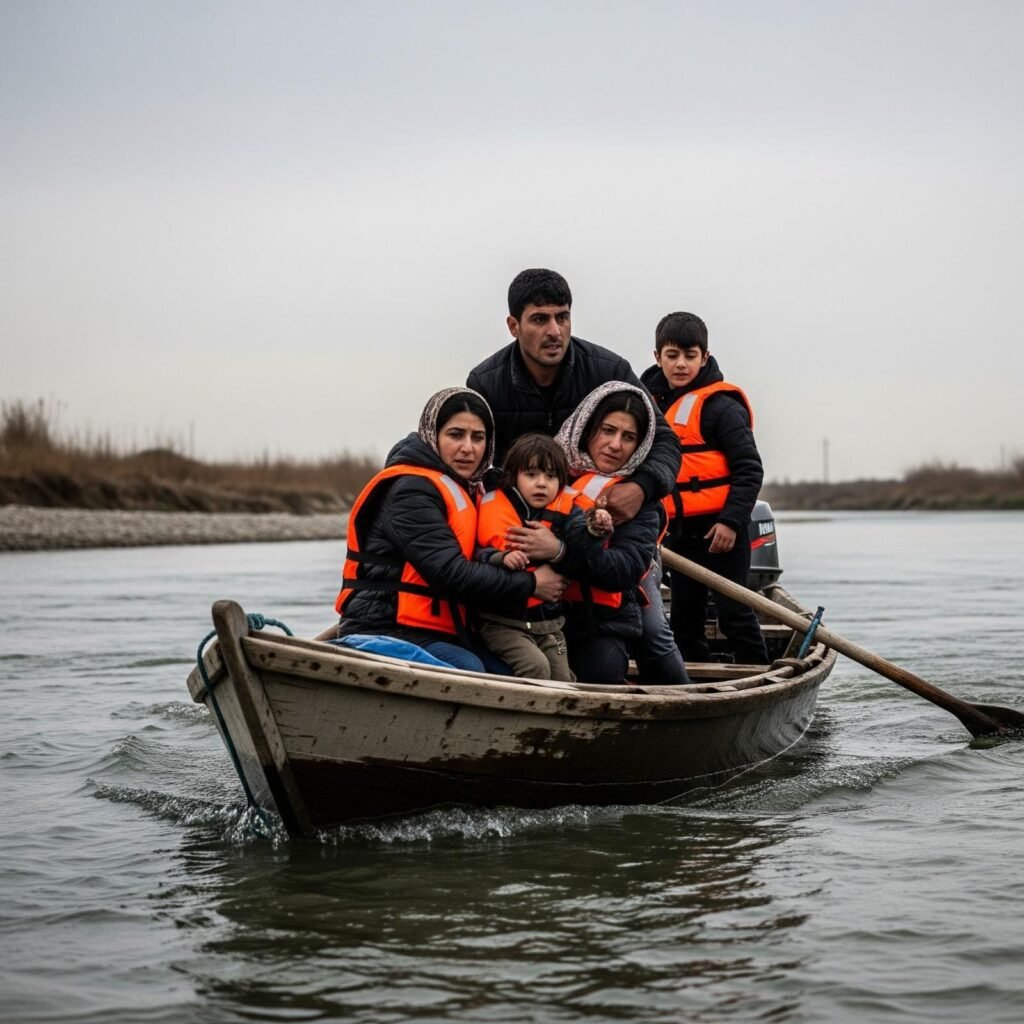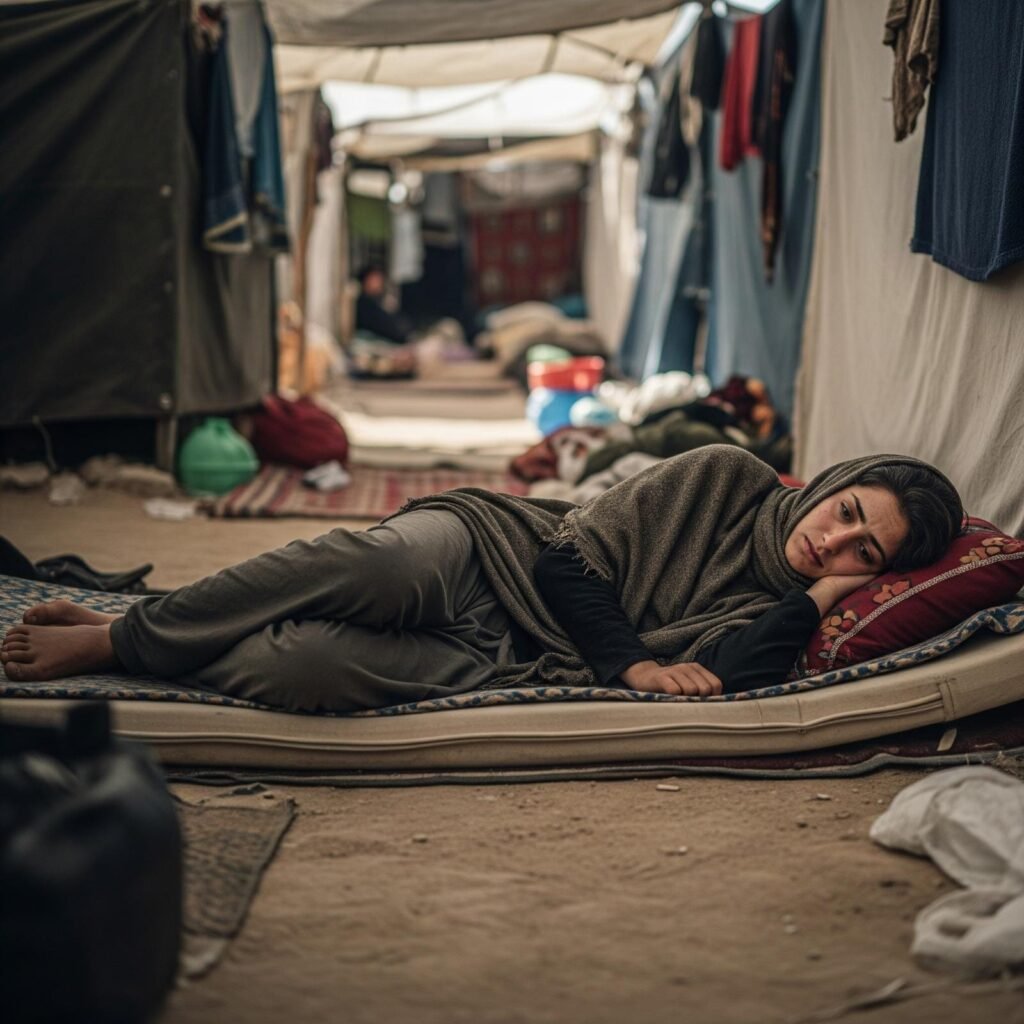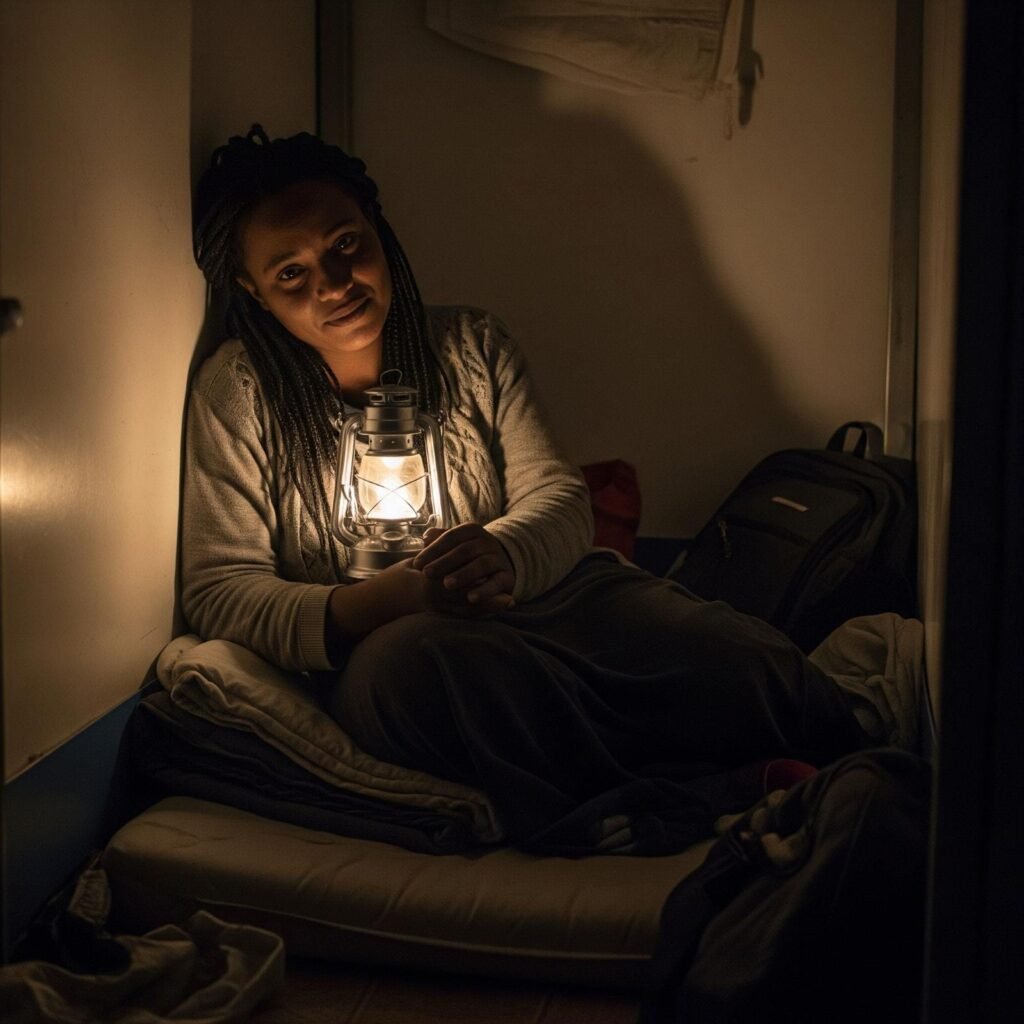One of the most significant issues the world faces today is migration and the refugee crisis. Instability reigns in certain regions of the world. Unfortunately, wars are ongoing in various areas. In some countries, discriminatory practices targeting specific social groups are quite common. There are people around the world who have been subjected to atrocities that even reach the level of genocide.
People who are not allowed to live freely in their own country—or sometimes not even allowed to live at all—are forced to leave their homeland. They begin a search for a safe haven for themselves and their families.
Although there are opposing voices, we can see that European countries, during this period, have shown an important humanitarian stance by accepting refugees and offering support to them. We thank those who adopt these conscientious policies.
In this article, we will discuss a slightly different issue, namely the psychological challenges refugees might face in the countries where they begin to live.
The Origins of Trauma
Refugees are not people who leave their country on a whim. They are forced to leave because they have been subjected to serious human rights violations. Some fear for their lives.
Moreover, the injustices they endure are not brief. Some spend years in prison. Some live under the constant threat of imprisonment for years. Many people have lived for years in a state of war. These people spend a significant portion of their lives on constant alert, waiting for what might come next.
Eventually, when their hopes diminish and their sense of threat peaks, they decide to leave their country. And often, they do so by leaving behind loved ones.
Most of the time, it is not possible for them to leave their country through normal channels. This is because oppressive regimes do not want them to live in dignity in their own country, nor do they allow them to go anywhere else. By intensifying the violence against these targeted individuals, these regimes aim to instill fear in the rest of society.
As a result, these individuals are forced to take a path they have never known before. They agree to work with smugglers to get out of the country. Whether they leave with their families or alone, the journey is never easy.
All of this becomes engraved in their memory as trauma.
In the end, some fortunate ones manage to reach their desired destination.
I Escaped Persecution, Why Am I Still Not Happy?
“I’ve escaped years of persecution and oppression. I’m finally free. Everything is going to be fine.” A refugee who dreams of this may soon realize, after some time, that nothing is as expected. It’s all over now, but they are still not happy. Their energy remains low. They can’t make sense of their situation. The thought that they’ve reached safety only adds confusion to their unwillingness to act. What’s wrong with them? Or is the problem with the people around them, even those closest to them? Why have their conflicts with others increased?
In short, they struggle to define what they have experienced.

Psychology has diagnosed this experience: post-traumatic stress disorder.
The things refugees go through in their home countries and on their journeys, whether they are aware of it or not, create very serious trauma. And the effects of these traumas do not disappear overnight.
However, many refugees, unaware of this, try to continue their lives as if they don’t have trauma. Yes, the trauma may be in the past, but it has led to stress disorders afterward.
When Does Post-Traumatic Stress Disorder Begin?
It starts when the person thinks they have finally found peace.
For some, this happens when they step foot in a new country; for others, it begins after the asylum process ends, and they settle into their new home, closing the door behind them.
But since people are not aware of this, they fall into a more depressive state thinking, “Everything is in the past. I’ve come to another country, I’ve even found a home. Why don’t I still feel good?”
Some people may even be very motivated when they first arrive in a new country. They learn the language of that country while in the refugee camp, and may even start working. However, when they move into a home and are alone with themselves, meaning when the threats are gone, post-traumatic stress disorder begins to show up. This is because, while in the camp, people can ignore their traumas and avoid confronting them.
What Do People with Post-Traumatic Stress Disorder Experience?
Before experiencing trauma, a person has a certain level of energy. As life progresses normally, various threats begin to emerge. When the body is exposed to a threat, it activates its defense system and releases hormones. The organism heightens all its senses to protect itself. It’s as if it reaches its maximum stimulus level. Therefore, the energy level exceeds the pre-trauma level significantly.

However, after the threat disappears, the energy level doesn’t return to its previous state. It actually drops lower. This is because the body has expended excessive energy for a prolonged period of time. The body needs time to recover. Therefore, it is completely normal for a person to not want to do anything.
There are several typical symptoms exhibited by people who have experienced trauma:
- Hopelessness
- Pessimism about the future
- Low energy and fatigue
- Sleep disturbances caused by exhaustion
- A sense of losing the will to live and the inability to be happy
During this period, refugees try to take significant steps. These people, who have been away from the social life they have hoped for, may race to compensate for what they’ve lost. After all, everything seems to be going well now.
Important life decisions often coincide with this period. Where will they live? How will they find a home? What job, or even which industry, will they work in? What will their child’s education look like? In addition to all this, they must also think about their family while learning a new language.
However, they may realize they have no energy left to take action. When they try to do all of these things with such low energy levels, they start feeling inadequate. “Everything is fine now, but I can’t do it,” they might think.
What they experience becomes even more devastating for them. They face serious disappointment.
The Impact of Migration on Refugees
Refugees are people also who were forced to migrate. They had to leave the places they lived for years and come to a new, unfamiliar country.
There are stages to migration:
- During the honeymoon phase, you believe everything will be perfect.
- During the shock phase, you realize that things are not as you imagined.
- In the denial phase, you try to avoid confronting what you’ve experienced.
- Then, gradually, you begin to normalize and accept it.
Someone whose trauma is migration goes through these stages. Refugees, on top of what they’ve endured in their home countries, have to deal with these challenges as well.
There are countless heartbreaking stories from the journey. Perhaps some refugees reach the country they were aiming for, but along the way, they and their families face the dangers of drowning or getting caught.
The Impact on Families
While families who have reached their destination country are expected to be happy, they often face serious problems within the family.
Couples who were previously able to see each other at certain intervals now have to live together constantly in a small room in a refugee camp after migration. Moreover, the conditions of these rooms are often not ideal. They have to share common spaces like bathrooms, toilets, and kitchens with other families. In environments where everyone comes from a different cultural background, it’s common for people to encounter situations that clash with their own values.

Couples start noticing things about each other they had never seen before.
Additionally, because both of their energy levels are low due to post-traumatic stress disorder, their tolerance thresholds are weakened.
In addition, if they don’t know how to talk about their internal problems, conflicts between the couple may increase. Unfortunately, couples who fail to make a proper assessment during this period may end up thinking that the issues will never be resolved and view divorce as the only solution.
What Can Be Done?
A significant part of the problem is when everything seems abnormal, yet people mistakenly believe it’s normal. This leads to a second issue: people are forced to fight something they cannot define. Often, their diagnoses are also incorrect.
First, refugees should be aware that they have gone through serious difficulties, and the effects of these challenges will continue in their lives for some time.
Second, they should give themselves time. There may be a long period that they perceive as a loss in their lives, but this should not push them into haste.
Let’s not forget, overcoming post-traumatic stress disorder is a gradual process. Our energy level will not return to normal overnight.
Especially, people should avoid comparing themselves to others who seem to be in better conditions. Just as everyone’s fingerprints are different, each person has a unique story in life. What works for one person might be harmful to another. Instead of focusing on others, let’s focus on our own lives.
On the other hand, this phenomenon has a name in the literature, so it’s clearly something very common. You are not the only one experiencing this.
During this process, people may feel inadequate and may even begin to wear themselves down. You are not inadequate; your energy is low. Be kind and compassionate with yourself.
Couples can create timeframes where they allow each other some freedom. This way, they can listen to themselves.
In fact, we can compare this process to the recovery period after an illness. If you feel that you can’t cope with it alone, please don’t hesitate to seek professional support.


